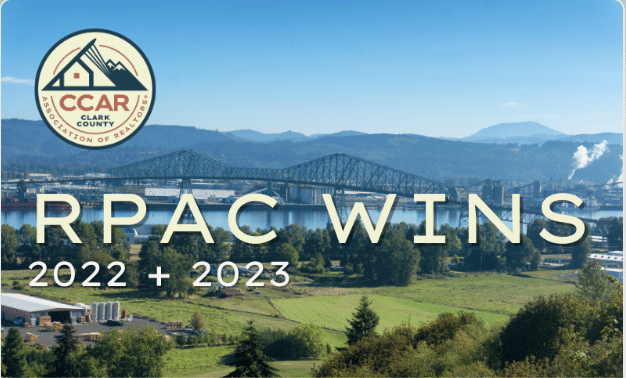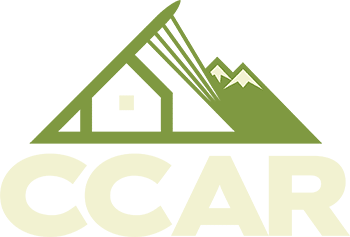June 2024 Market Report
June 2024 Market Report “The market continues its strong showing in the summer season. We continue to see slow motion towards a more balanced market, as we reached 2.8 months […]
May 2024 Market Report
May 2024 Market Report “We are approaching the peak summer selling season here in Clark County, and the market indicators are reflecting the increased activity that we usually see at […]
April 2024 Market Report
April 2024 Market Report “The spring market is definitely heating up, and we are looking at a strong selling season in Clark County. We are encouraged to see both notable […]
March 2024 Market Report
March 2024 Market Report “The spring market is definitely heating up, and we are looking at a strong selling season in Clark County. We are encouraged to see both notable […]
February 2024 Market Report
February 2024 Market Report “The market is showing definite signs of waking up as we head into the spring season. We are seeing sizable positive increases in new listings and […]
January 2024 Market Report
January 2024 Market Report “2024 started off with some promising data on local housing indicators. Inventory and new listings ticked up slightly, both of which are much needed in […]
December 2023 Market Report
December 2023 Market Report “As anticipated, 2023 concluded with a sustained market cooldown following the pandemic peak, marked by subdued sales activity due to elevated interest rates. We remain optimistic […]
November 2023 Market Report
November 2023 – Vancouver and surrounding areas market updates “High interest rates and low affordability have deeply impacted the market, as many transaction metrics show year-over-year decline. However, the silver […]
Recent CCAR and Washington REALTOR® Advocacy Wins

In 2022 and 2023 CCAR & Washington REALTORS® continued to advocate and win on key issues for our members! None of this would be possible without member contributions to RPAC […]
October 2023 Market Report
October 2023 Vancouver Area Market Statistics “The prime driver of the activity – or lack thereof – in our current markets is high interest rates. Today’s interest rate environment is […]
